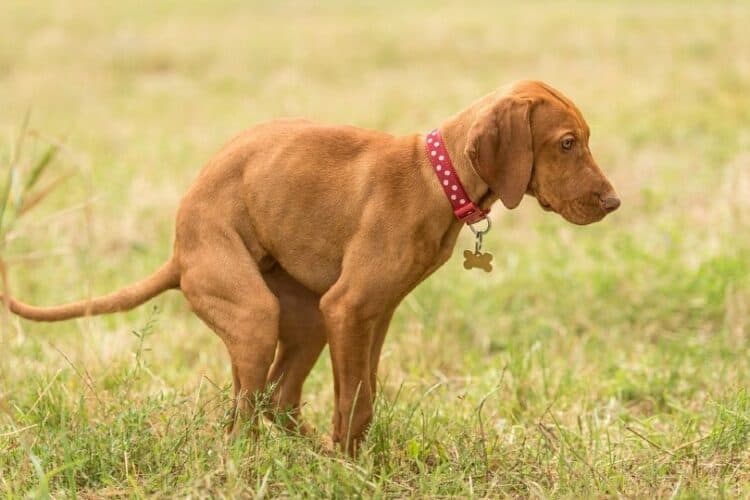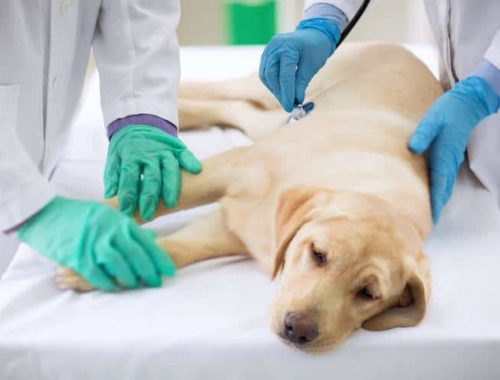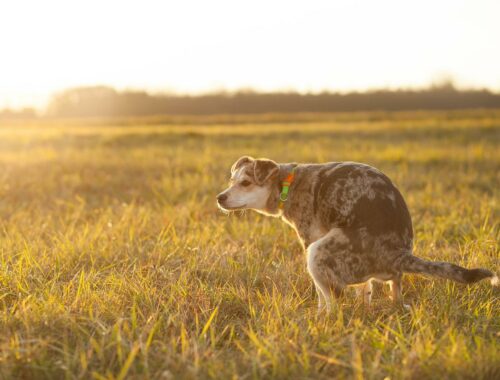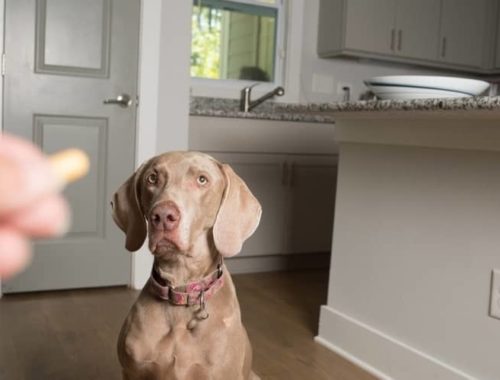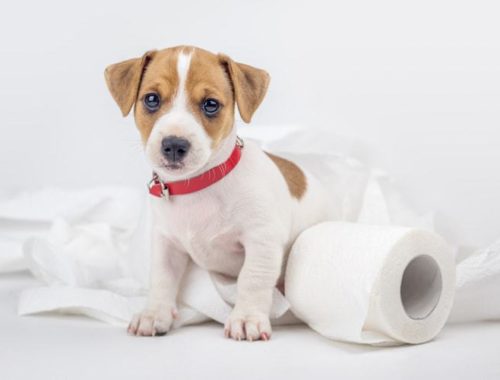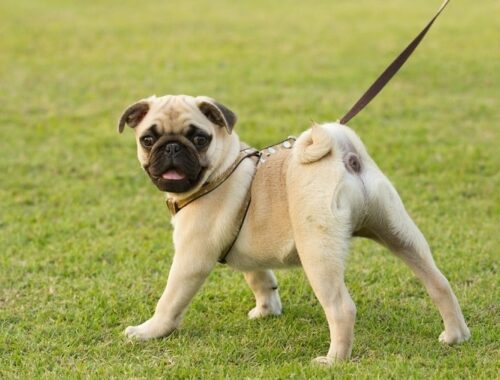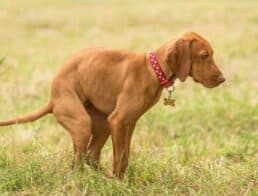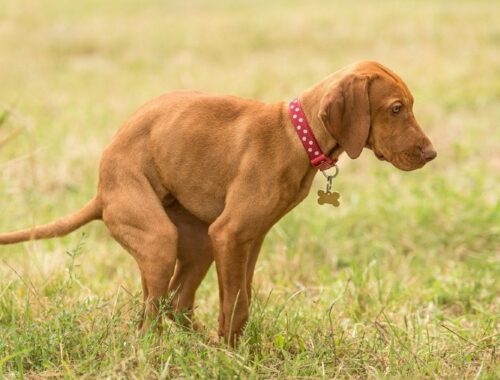There’s nothing that summons a crummy day quite like a 3 am ‘I’ve made a mess on the floor’ whine from your diarrheal dog. Not only do you have a mess to clean up, but you also have the worry that something isn’t right with your canine companion. For long term or severe diarrhea, nothing replaces a veterinary visit, but for those sudden, mild upsets, there are some things you can do to help your dog weather the storm.
Diarrhea has many causes and even many versions. What’s behind your dog’s diarrhea will mean a lot when it comes to the severity and duration, so if you can find a cause, do it! Otherwise, take these comforting steps to get your best friend on the mend.
The 6 Treatment Methods to Stop Diarrhea in Dogs
1. Provide Water at all Times
One of the real dangers of diarrhea is dehydration. Without diarrhea, your dog can easily regulate what fluids go in with what comes out, but with diarrhea what comes out can quickly get ahead of what’s going in. Encourage your dog to drink as much as possible by providing fresh, clean water at all times. If they need a little more of an incentive to drink, you can add a bit of low sodium chicken broth to their water bowl.
2. Withhold Food
When a dog has diarrhea, it means that something in their digestive system is out of whack. Rather than feeding their problem with regular meals, instead, give their gut a break by withholding food for 12-24 hours following the onset of diarrhea. This just helps them reset without adding more work to their plate. Plus, if we look back to the above equation: if nothing is going in, then less will be coming out.
Of course, withholding food for half or even a full day will be hard for young puppies, smaller dogs, or those with certain medical conditions. So, instead of emptying their food bowls, skip to the next step.
3. Feed a Bland Diet
Think of this as the chicken soup for the diarrheal dog. When it’s time to start your pooping pup back on food, take it easy at first. Give them something bland and easily digestible for a couple of days to give their gut a break. Giving them regular dog food, treats, or table scraps may incite another bout of diarrhea, so keep it simple. There are numerous veterinary prescribed digestive diets out there that are more complete and balanced for long term troubles, but for an acute, uncomplicated case of diarrhea, a little home cooking can work as well. Some boiled chicken with rice or pasta will provide your dog with the protein and carbohydrates that they need for a few days while their digestive system recovers.
You’ll want to start by feeding small amounts more frequently. Depending on the size of your dog, this can be one or two tablespoons every couple of hours. Again, this just helps to not overload the gut, allowing it time to heal. As your dog’s diarrhea clears up, you can start mixing in their regular dog food with the bland diet, increase the amount fed, and get them back to their normal meal schedule.
4. Boost the Fiber
Fiber is one of nature’s more versatile substances. Not only does it help relieve constipation, it can also help stop diarrhea in dogs. Fiber is an indigestible product that usually comes from plant sources. It helps to bulk up bowel movements to either help them get moving through the colon or to solidify stools that are soft or even watery. Another added benefit of fiber in your dog’s diet is it helps them feel full for longer, a major win if you have a dog that’s always hungry.
Some great fiber sources for dogs with diarrhea are canned pumpkin, green beans, or wheat germ. Adding a bit of fiber to their diet can help slow down and bulk up that diarrhea without creating additional work on your dog’s already overworked gut.
5. Pump Up the Probiotics
Every pup has an all-important microbiome. These are the good bacteria that break down food and produce many essential vitamins and nutrients to be used throughout the body. If your dog is experiencing diarrhea, then the microbiome isn’t happy. Providing your dog with probiotics will help feed and repopulate the good bacteria so that your dog’s digestive system can restore their natural digestive balance.
Probiotics are everywhere! You can find many types of probiotic supplements, or for a more natural version turn to fermented foods. While your dog might not appreciate good sauerkraut, they will rarely turn up their nose at some yogurt. Go with the plain variety as the less sugar the better when looking to clear up some diarrhea. A couple of tablespoons a day is all your dog will need.
6. Visit Your Vet
Any diarrheal episode that lasts longer than 48 hours, causes dehydration, bloody stools, or any other symptom should be seen by a veterinarian. These more severe cases of diarrhea indicate that something else is at work, something that more than likely won’t be fixed by the above practices. More severe diarrhea can be the result of a parasite, a bacterial or viral infection, or a more significant health concern. Your veterinarian will be able to diagnose the cause and get a treatment plan in place to help clear up these more complicated cases. Of course, anytime you’re concerned with your dog’s diarrhea, even mild cases, don’t hesitate to contact your vet.
Stopping diarrhea in dogs is often a multi-factorial approach. Using one method will rarely do it, rather it may take a combination of or all of the above steps to get your dog back to their healthy and happy self.
Feature Image Credit: SasaStock, Shutterstock


